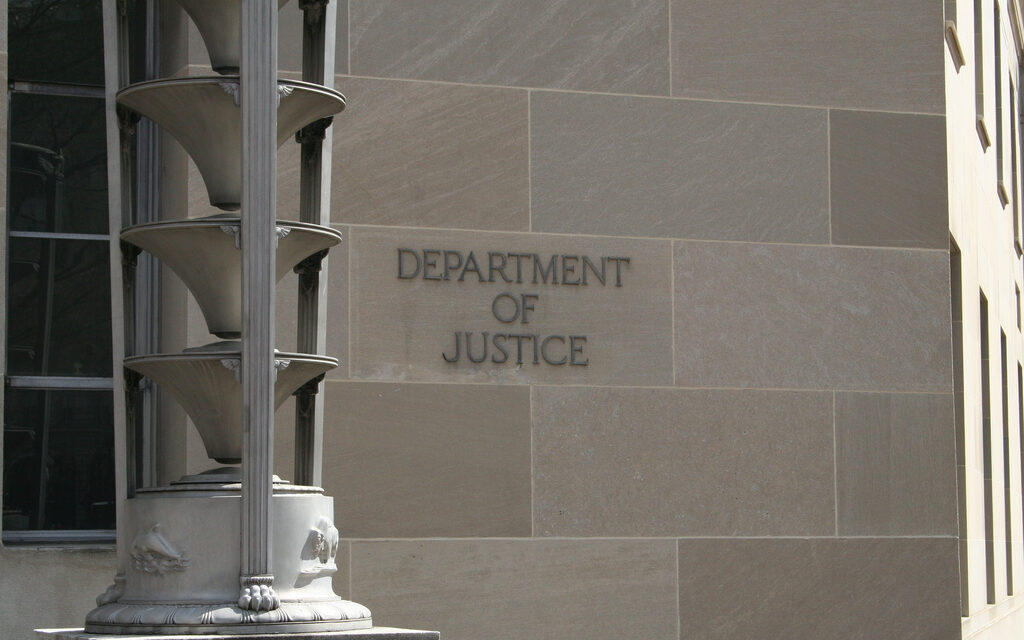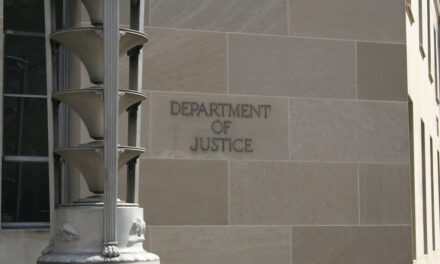The Supreme Court that George W. Bush gave us just keeps on giving. Their newest innovation is to revoke individuals’ standing to bring cases to court objecting to the use of taxpayer dollars to fund activities that promote a particular religion. It’s really rather clever. See, if the state of Arizona gives you a tax credit for sending your child to a school that only accepts people who have accepted Jesus Christ as their Lord and Savior, that’s okay because the government never collected your 500 bucks in the first place. Let’s let Justice Kennedy explain.
The usual rule is that plaintiffs who merely object to how the government spends their taxes do not have standing because they have not suffered a sufficiently direct injury. But the Supreme Court made an exception for religious spending by the government in 1968 in Flast v. Cohen.
The issue that divided the majority and the dissenters was whether granting a tax credit was the functional equivalent of collecting and spending tax money. Writing for the majority, Justice Anthony M. Kennedy said the two things were very different.
“Awarding some citizens a tax credit allows other citizens to retain control over their own funds in accordance with their own consciences,” Justice Kennedy wrote for himself, Chief Justice John G. Roberts Jr. and Justices Antonin Scalia, Clarence Thomas and Samuel A. Alito Jr.
The plaintiffs’ position, Justice Kennedy wrote, “assumes that income should be treated as if it were government property even if it has not come into the tax collector’s hands.” But, he added, “private bank accounts cannot be equated with the Arizona State Treasury.”
Let’s think about this. Let’s say that you owe the state of Arizona $1500 in state income taxes. That’s what you have an obligation to pay, even if you haven’t actually paid them the money yet. However, you can lower your obligation to $1000 by taking advantage of a tax credit that partially reimburses you for your child’s tuition at the School of the Sacred Bleeding Heat. According to Justice Kennedy, this is not the government cutting you a break on your taxes, but you simply spending the money the way you want to. It doesn’t put anyone else in the state of Arizona out that the government coffers just lost five hundred dollars. And no one has any standing to object despite over forty years of Supreme Court precedent. Justice Kagan wrote the dissent, and she made some rather obvious points:
In her dissent, Justice Kagan said the majority’s position was an elevation of form over substance. “Taxpayers experience the same injury for standing purposes,” she wrote, “whether government subsidization of religion takes the form of a cash grant or a tax measure.”
She offered examples. “Suppose a state desires to reward Jews — by, say, $500 per year — for their religious devotion,” she wrote. Would it matter to taxpayers offended by the practice whether the reward came in the form of a government stipend or a tax credit?
“Or assume,” she wrote, “a state wishes to subsidize the ownership of crucifixes” in one of three ways. It could purchase them in bulk and distribute them; it could reimburse buyers with a check; or it could pay with a tax credit.
“Now, really — do taxpayers have less reason to complain if the state selects the last of these three options?” Justice Kagan asked.
To answer Kagan’s last question, the answer is now ‘yes.’ Yes, we might have standing to object if the state of Pennsylvania decided to buy a New Testament for every citizen, and we could complain if the government gave everyone in our state a check to buy a Holy Bible, but we have no right to say a word about someone getting a tax credit for a sacred book they’ve already paid for (provided that they can produce the receipt). For some inexplicable reason, we have less reason to complain about the last scenario.
This is the kind of high-minded thinking that goes on now on our Republican-dominated Supreme Court. So, if the Oklahoma legislature wants to follow-up on their law banning Shariah Law with a law to provide a tax rebate for Christian reading materials for their public students, they should be able to do that now, provided that the parents buy the materials before they get the money from the government to pay for them.
Welcome to Wingnutistan.





